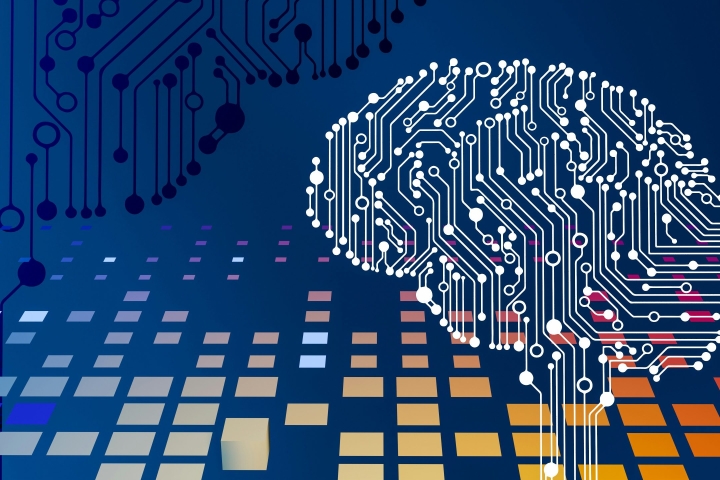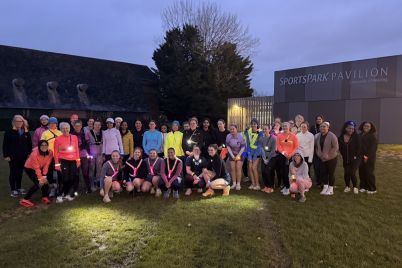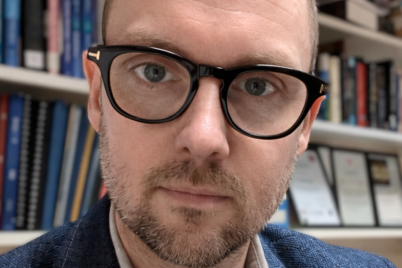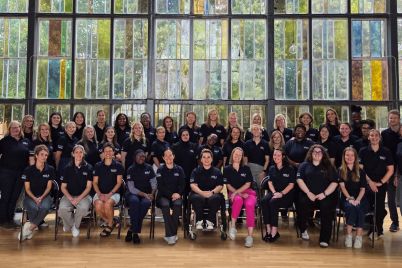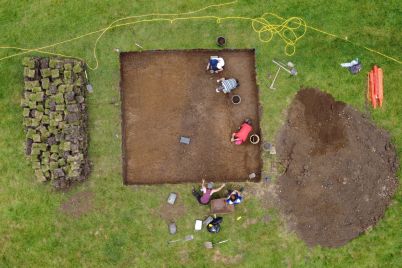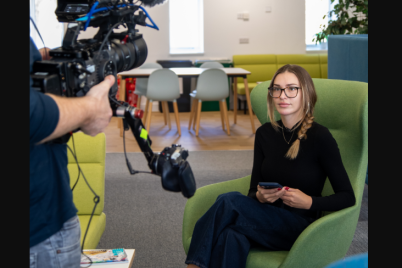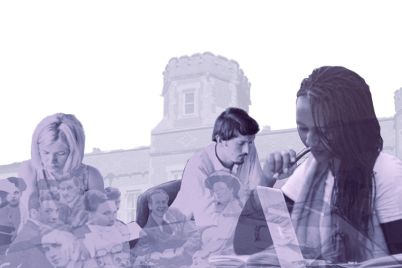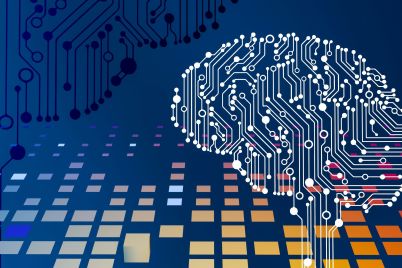After Microsoft have released research on the impact that generative AI can have on occupations, Dr Andrew Rogoyski from the University of Surrey has commented.
Andrew is from the Institute for People-Centred AI at the University, and as an expert in the field, has commented on this research which – similarly to OpenAI, Anthropic and other research – forecasts which jobs will be most heavily impacted by advances in Gen AI.
He has explained that jobs which are physical in nature – such as nursing, or being a mechanic – are least at risk of this evolving, technological climate, but those which are knowledge and interaction-based – such as sales assistants and interpreters – have need for concern.
“The impact on jobs is, at the moment, a bit one-dimensional. We look at what a job currently entails, what an advanced AI might be able to do within that context and then try to predict the impact.”
Although studies cannot project exactly how jobs will change and adapt with the evolution of AI, it is clear that a safe job today, may be a lost profession tomorrow if it continues to develop as it is.
“Take education as an example. For years, we’ve moved towards a model of learning by rote, with exams that assess what you’ve memorised. This activity is arguably better performed by AI, creating personal mentors that can be your learning buddy, answering the silliest of questions, explaining topics in ways to suit your own learning styles, and assessing your strengths and weaknesses. Is this a recipe for AI-only universities? I’d suggest not – the value of learning in a community of peers, learning life lessons, hearing from the great minds of the age, all from a human perspective, won’t die away, but it will have to change.
“Although well-educated knowledge workers seem to be at high risk of AI displacement, they are also the most likely to adopt and adapt to the use of AI, creating new job profiles and skills which don’t currently exist.
The Microsoft analysis does not include the importance of experience and skill in its results, so although it is true that AI has the capability to automate certain roles, it generally tends to focus on the low-experience admin or basic knowledge worker.
A major constraint of this is the impact on graduate jobs. Companies now seek an ‘AI dividend’, where AI usage saves them the immediate cost of employing a graduate, but this has the positive feedback affect of creating an increased talent void – where next generation leaders and experts will struggle to gain the experience.
This displays how short-term savings will create a long-term problem.
“There is a more insidious problem, that of progressive de-skilling. As AIs get better at knowledge aggregation and reporting, people will be less inclined to challenge a machine’s outputs, eventually coming to rely on the ‘thinking’ done by the machine and losing the ability to challenge or critique.”
Dr Andrew Rogoyski also mentioned another worry of ‘cultural imperialism’ with the increased usage of AI. These platforms are commonly based on a Western-centric view of the world, and this is the angle that all it’s ‘answers’ are coming.
Andrew explains the problems caused from this: “Views, cultures, languages, histories, etc, that aren’t regarded as a priority will not gain the same prominence in the machine’s outputs as we might like. As such views become woven into society, we run the danger of becoming a monoculture, a society with homogenised views that may not align with your country or culture’s values.”



